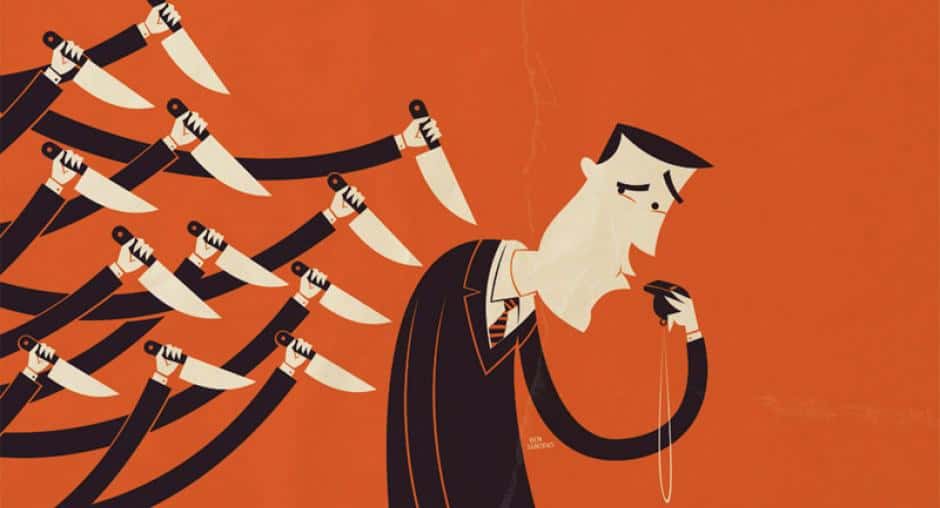
I have no way of fact checking the claims made by Arnold Cassola in his Times of Malta article. I am going to assume, for the purposes of this commentary, that all the facts he claims are accurate.
The claims briefly: an unnamed individual, identified as Aziz, was born in a refugee camp in Palestine. He moved to Malta 18 years ago and has since worked as a public officer and was active in the community. After several years living here, he applied for Maltese citizenship twice and was twice denied. He became aware through his work of corruption in driving tests and exposed the wrongdoing. His permit to reside in Malta was rescinded and he has had to leave the country that was his home for the past 18 years.
There are two issues here that Repubblika has raised in the past and which I think need recalling.
Firstly, any country that is serious about fighting corruption will want anyone aware of it to speak up. In order for this to happen whistle-blowers must be protected. We do have a law that claims it protects whistle-blowers but it obviously doesn’t as this case shows. In principle, a law that protects whistle-blowers says that no one who reveals corruption should suffer any detrimental action as a result. Having your residence permit declined, even if such a removal is within the legal discretion of the government, is a detrimental action if it is inflicted as a consequence of exposing corruption.
For Aziz to obtain the protection of the law he’d have had to file his complaint with the Cabinet Office in the Office of the Prime Minister and they would have had to agree that it was eligible for protection. Now remember the allegations made by Aziz led to an official saying in court that he was pressured to pass failing license candidates who enjoyed the favour of a government minister. Picture the office of the prime minister protecting that.
If the prime minister’s officials refused to listen to Aziz (much as the many people he tried to speak to also refused to listen to him) the fact that he tried to speak up would be exposed to the detrimental action that he in fact was made to suffer.
We have argued that a proper whistle-blower protection law should protect anyone exposing corruption no matter who they expose it to. If you learn about corruption and you tell your direct supervisor or your direct supervisor’s direct supervisor you should not be punished for it. On the contrary you should know beforehand that the law will protect you if you speak of what you know, because the law wants you to expose all wrongdoing you’re aware of.
Not in this country.
Now, the second issue.
The government could exile Aziz to punish him for exposing corruption in Transport Malta. But they wouldn’t be able to exile any other whistle-blower who is also a citizen of Malta. Aziz could be exiled because in spite of the fact that he has lived here for 18 years; in spite of the fact that he came here as a refugee because he was born in an occupied country which remains occupied to this day; in spite of the fact that he served as a public officer diligently and honourably; in spite of the fact that he participated in public life serving as his political party’s local secretary; in spite of his tax contributions; and in spite of taking personal risks to expose corruption, he was denied Maltese citizenship. Twice.
Being denied citizenship, clearly, is not about being denied a passport. Or not just that. It’s about being denied basic rights afforded exclusively to citizens such as the right not to be exiled from your home at the whim of a government minister.
Aziz was Maltese in all respects except the legal recognition of that fact. He was a better Maltese than most, choosing to participate in political life for no reward. I will park the fact that he campaigned for a political party I do not agree with and that he was obviously used by Joseph Muscat for sinister reasons. Aziz is not to blame for that. He engaged himself selflessly in the democratic process, which is more than can be said for most people.
He was a better Maltese than most because he chose to expose corruption when he was aware of it. He refused to take no for an answer and he persevered until the recalcitrant authorities had no choice but to press charges against the (alleged) perpetrators.
But the state punished him for it by taking away from him everything except for his biological existence. His life in Malta, his job, his home, his friendships, have been broken asunder, a punishment so unjust that it could never be handed down to anyone unless they were legally excluded from the basic set of rights enjoyed by anyone born to Maltese citizen parents.
The unfairness is unspeakable.